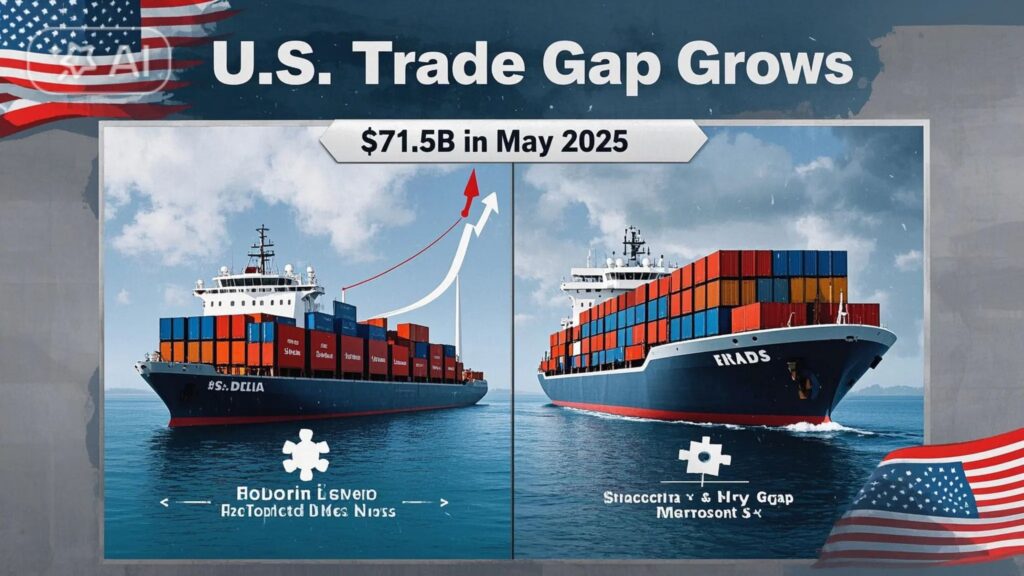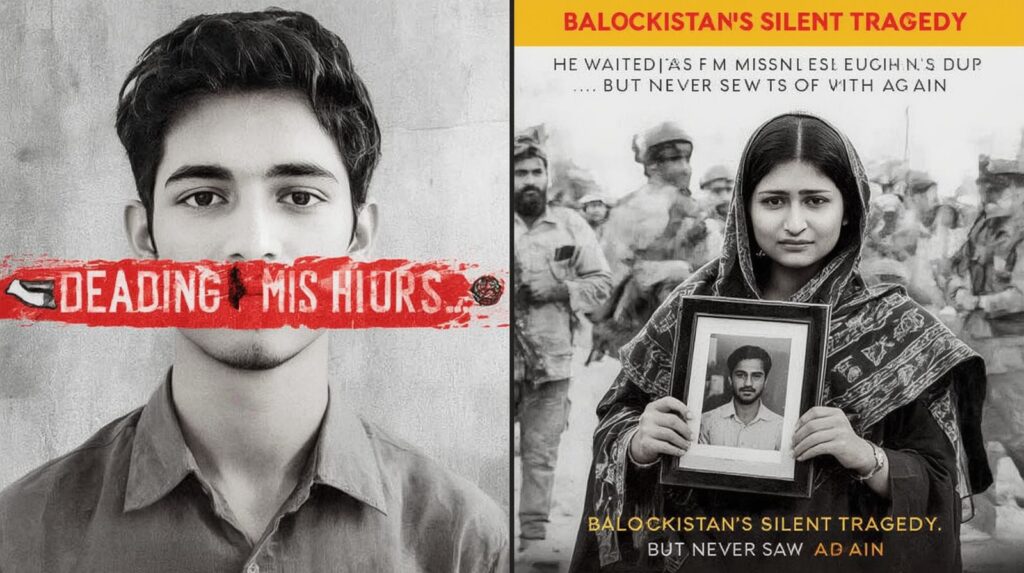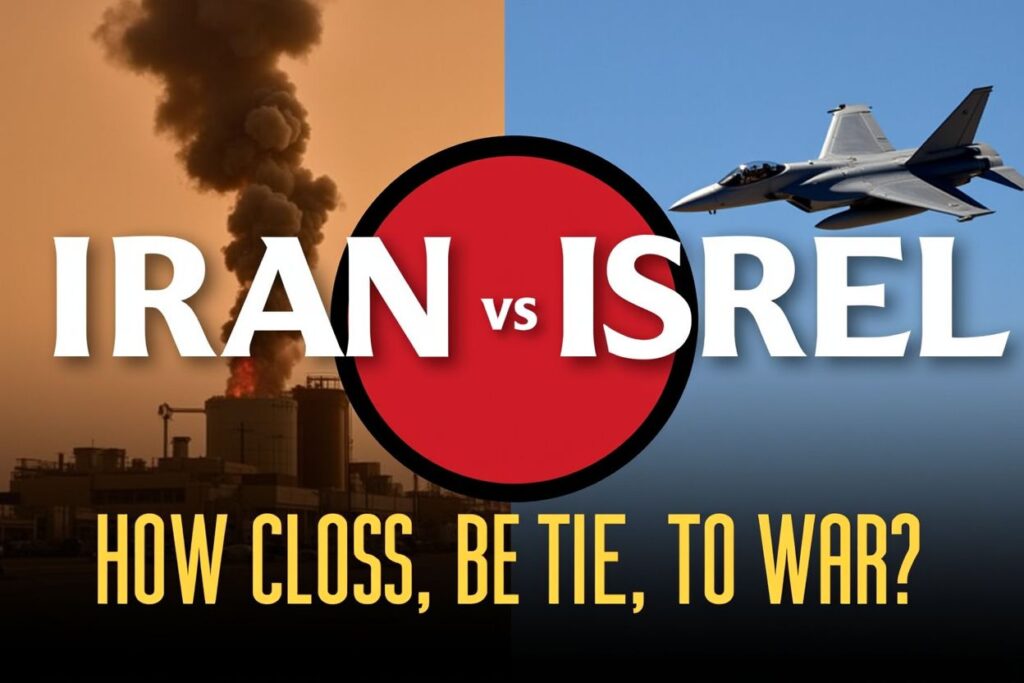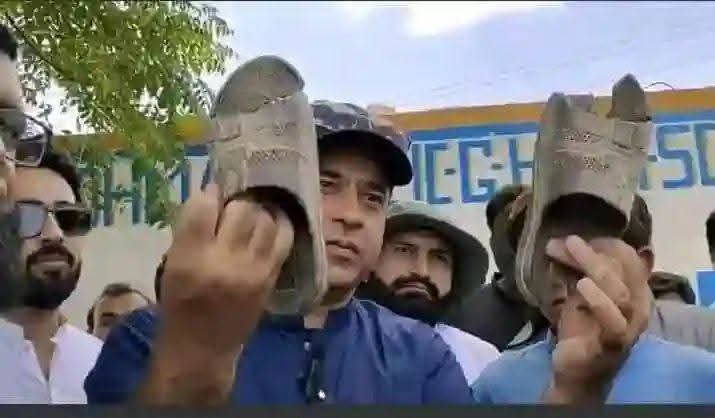Russia Recognizes Taliban Government: A New Chapter in Global Diplomacy
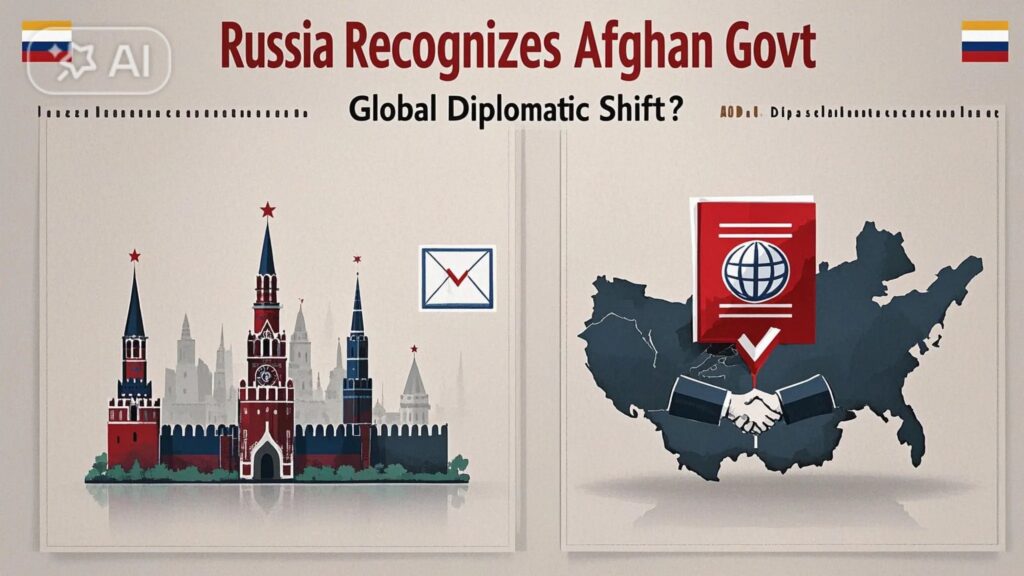
In a historic and unprecedented move, Russia has officially recognized the Taliban government in Afghanistan, becoming the first country in the world to do so. This bold diplomatic step has sent ripples through the international community and marks a potential turning point in global geopolitics.
Russia Becomes the First Country to Grant Official Recognition
Russia has formally acknowledged the Taliban-led administration by officially accrediting their appointed ambassador in Kabul. While countries like China, Pakistan, and a few others have maintained contact with the Taliban, none had granted full diplomatic recognition — until now.
Russian Interests: Security, Counterterrorism, and Trade
Along with recognition, Russia has signaled its intent to deepen cooperation with Afghanistan in key areas:
Counterterrorism and regional security
Combating narcotics smuggling
Economic partnerships in energy, agriculture, infrastructure, and transportation
This recognition comes at a time

